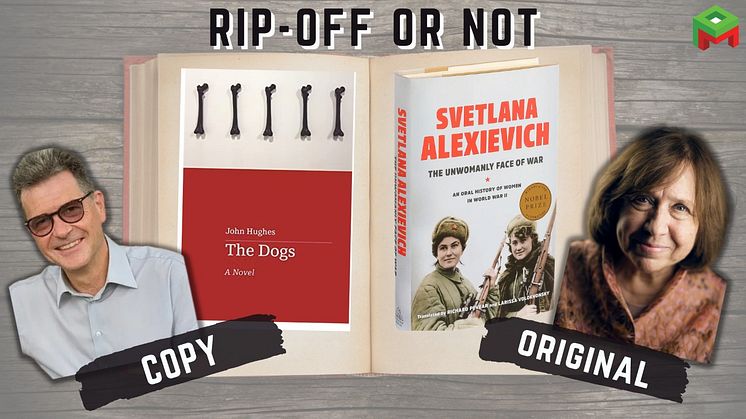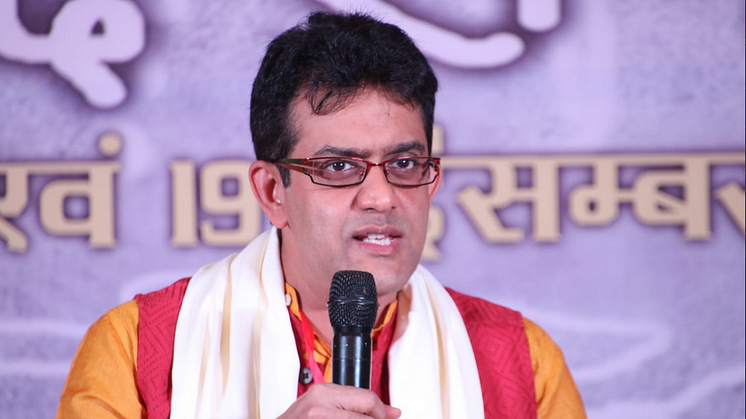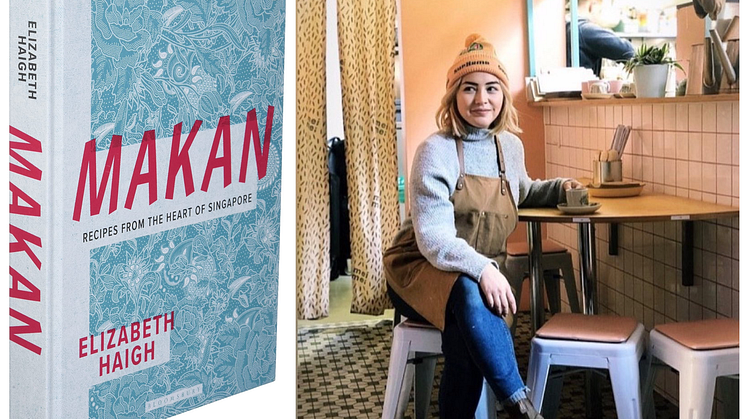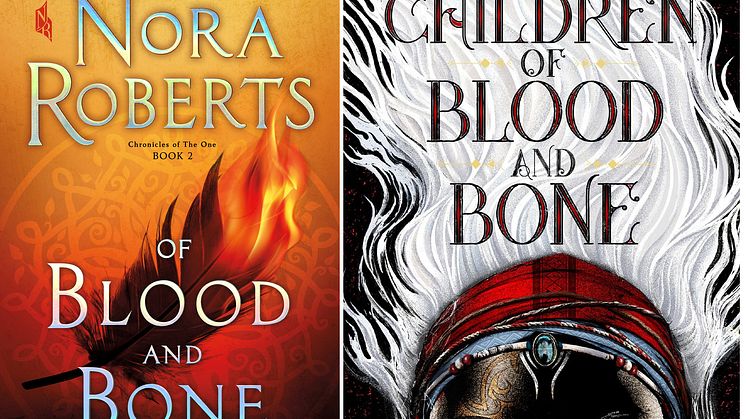
News -
Novelist John Hughes in hot water over plagiarism accusations
Sydney-based Australian writer-novelist John Hughes and his work "The Dogs" is under intense scrutiny these past few weeks due to allegations of plagiarism. The Guardian Australia investigated and found multiple similarities and identical instances from another literary work, Svetlana Alexievich’s The Unwomanly Face of War. The issue has caused Hughes' work to be removed from the longlist for the Miles Franklin literary award, widely considered one of the most prestigious literary prize in Australia.
The incident sparked more investigations, and various people, including the likes of academic Emmett Stinson, critic Shanon Burns and poet Lachlan Brown released their findings on the issue. They found that "The Dogs" contains similar phrases and contents from other literary works such as Anna Karenina, All Quiet on the Western Front, The Great Gatsby, Love and War in the Apennines, The Emigrants, Judas, and The Invisible Island. The list keeps going even as Australian National University academic Millicent Weber found similarities to other writings.
In response to their accusations, Hughes has already sent an apology to Alexievich. He also released another statement and explained why he should not be considered a plagiarist. He explained that writers like him have been recycling, rewriting, and basing their creations on other artists' work. Hughes believes that he and other writers can be influenced by other "greats" from which they can draw their inspiration.
Publisher Upswell Publishing released a statement expressing their dismay, and Upswell publisher Terri-ann White has distanced herself from Hughes. On the other hand, Hughes expressed that he was "deeply sorry" for putting White in a complicated situation.
PitchMark previously wrote a story about an Indian historian Vikram Sampath who was accused of plagiarism in an article written by him in 2017 as well as copying a passage in his two-volume biography on the Indian political leader Vinayak Damodar Savarkar. USA-based historians and academics Rohit Chopra, Ananya Chakravarti and Audrey Truschke, highlighted multiple sentences from Sampath’s 2017 article which appear to have been lifted from articles written by the professor Janaki Bakhle in 2010 and by historian Vinayak Chaturvedi in 2013.
In another story, when London-based chef Elizabeth Haigh launched her first cookbook "Makan", she faced plagiarism allegations from several food writers. Sharon Wee, the author of the cookbook "Growing Up in a Nyonya Kitchen" (published in 2012), says that several recipes and anecdotes from her book are almost identical to sections in Haigh’s book.
PitchMark helps innovators deter idea theft, so that third-parties that they share their idea with get the idea but don’t take it. Visit PitchMark.net and register for free as a PitchMark member today.




